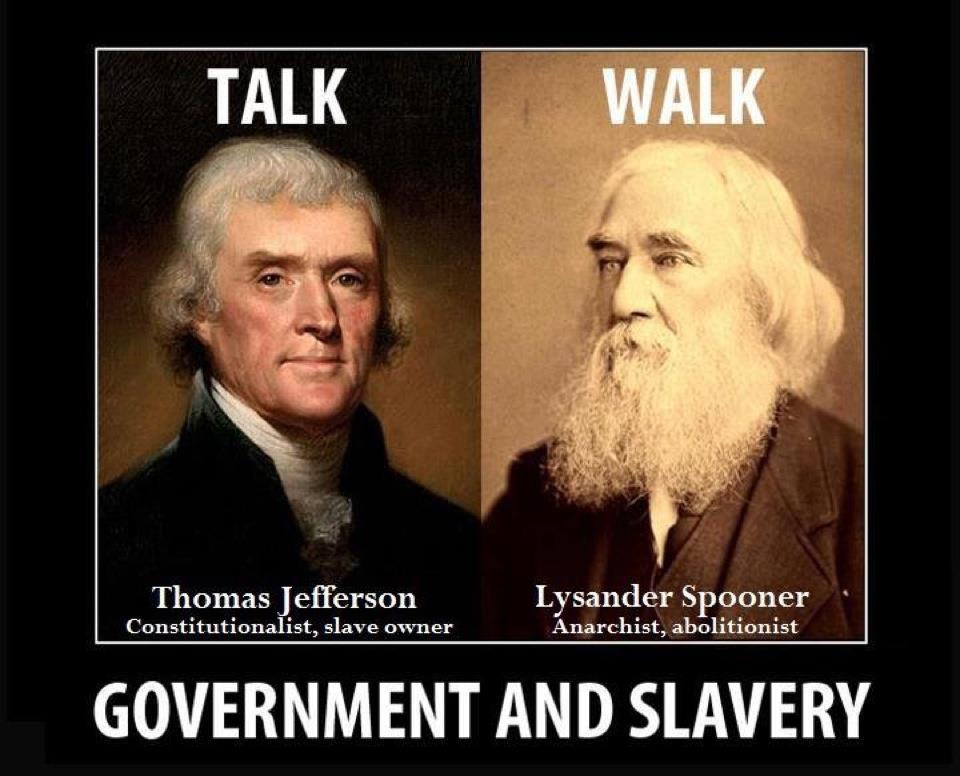I read that Ron Paul introduced HR 1098, the Free Competition in Currency Act of 2011. The bill is straightforward, if passed it would abolish current legal tender laws that are used by the state to enact tight economic control over the populace:
SECTION 1. SHORT TITLE.
This Act may be cited as the ‘Free Competition in Currency Act of 2011’.
SEC. 2. REPEAL OF LEGAL TENDER LAWS.
(a) In General- Section 5103 of title 31, United States Code (relating to legal tender), is hereby repealed.
(b) Clerical Amendment- The table of sections for subchapter I of chapter 51 of title 31, United States Code, is amended by striking the item relating to section 5103 and inserting the following new item:
‘5103. [Repealed].’.SEC. 3. NO TAX ON CERTAIN COINS AND BULLION.
(a) In General- Notwithstanding any other provision of law–
(1) no tax may be imposed on (or with respect to the sale, exchange, or other disposition of) any coin, medal, token, or gold, silver, platinum, palladium, or rhodium bullion, whether issued by a State, the United States, a foreign government, or any other person; and
(2) no State may assess any tax or fee on any currency, or any other monetary instrument, which is used in the transaction of interstate commerce or commerce with a foreign country, and which is subject to the enjoyment of legal tender status under article I, section 10 of the United States Constitution.
(b) Effective Date- This section shall take effect on December 31, 2011, but shall not apply to taxes or fees imposed before such date.
SEC. 4. REPEAL OF SUPERFLUOUS SECTIONS.
(a) In General- Title 18, United States Code, is amended by striking sections 486 (relating to uttering coins of gold, silver, or other metal) and 489 (making or possessing likeness of coins).
(b) Conforming Amendment to Table of Sections- The table of sections at the beginning of chapter 25 of title 18, United States Code, is amended by striking the items relating to the sections stricken by subsection (a).
(c) Special Rule Concerning Retroactive Effect- Any prosecution under the sections stricken by subsection (a) shall abate upon the taking effect of this section. Any previous conviction under those sections shall be null and void.
Money, in the true sense of the word, is nothing more than a good that facilitates trade. Barter is a pain in the ass because it’s very difficult to find the exact goods somebody else needs. If you want to buy a box of ammunition and the person selling ammunition needs a dozen eggs, half of a pound of ground beef, and a pair of socks you’re going to have to trade for all of those items first. To overcome this complexity the market eventually began using what we think of as money today.
Historically speaking gold and silver have been chosen as money as both commodities have several traits that are desirable in money. Gold and silver coins are easily divided for the performance of smaller transactions, durable (they won’t rust away on you), and portable. Both metals also have intrinsic value meaning they can actually be used to manufacture stuff if nobody is willing to take them as money anymore.
Most states now legally mandate a currency and that currency is always fait, that is to say it has no intrinsic value. Fiat currencies are the stuff of dreams to governments because it allows them to effectively dictate the value and print whatever quantity they need to pay for whatever exorbitantly expensive project their heart is currently set on. Unfortunately these traits that make fiat currency the cat’s meow to the state also make that very same currency toxic to individuals like you and me. The phenomenon known as inflation is a product of fiat currencies. When the state prints more money to pay off whatever project it deems desirable it decreases the purchasing power of everybody holding that currency.
Unfortunately one needs to hold United States dollars because the state mandates you pay all taxes in dollars and requires individuals to accept dollars as payments for debts:
United States coins and currency (including Federal reserve notes and circulating notes of Federal reserve banks and national banks) are legal tender for all debts, public charges, taxes, and dues. Foreign gold or silver coins are not legal tender for debts.
Legal tender laws are downright evil. When the state demands all individuals accept Federal Reserve notes they are really saying, “OK serf listen up, you will trade any good or service you have for this piece of paper with a number and the picture of a dead president printed on it. This piece of paper will also constantly be in a state of devaluation.” The libertarian in me love this bill but the agorist in my doesn’t really see the point.
The only thing you need to do to accept an alternate currency is… accept an alternate currency. Do you want to be pain in silver bullion? Trade your goods or services for silver bullion. Want BitCoins? Only trade your goods and services for BitCoins. In fact one of the keystones of the agorist movement is alternative currencies. Let’s face it, the state derives a great deal of power from forcing people to use their currency. It is both the reason why agorists prefer dealing in alternate currencies and why this bill will never pass.

